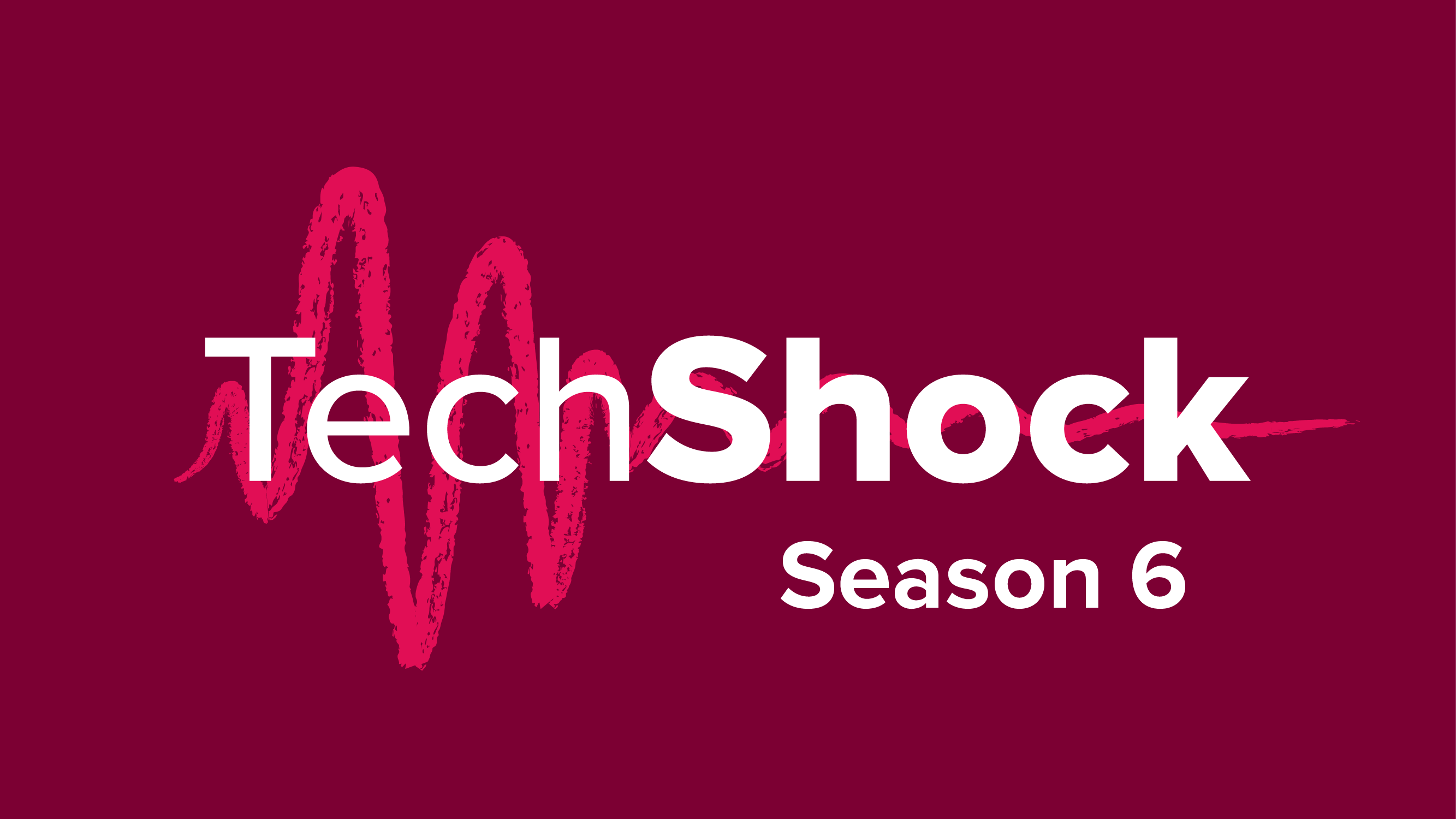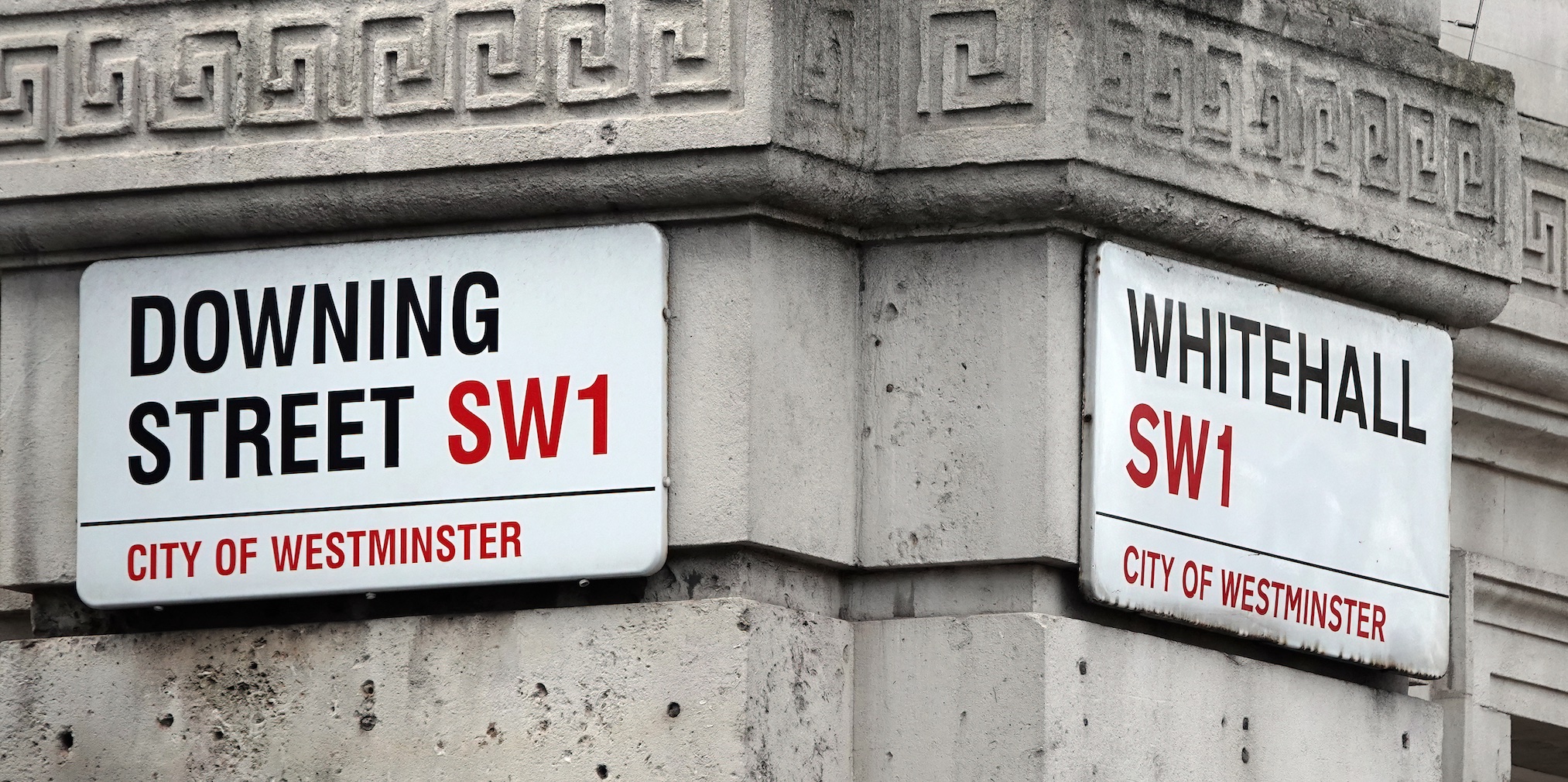The Tech Shock podcast – is tech destroying our attention spans?
"A lot of the actions that we take are determined by habits – habitual behaviour. What do I do as a habit? I grab my smartphone, this is something you do because you’ve done that so many times. It’s like brushing your teeth in the morning [...] the fact that we do things without really thinking about them makes for a very efficient interaction with the world around us. However it also means that a lot of the things we do, we do automatically without really thinking about it – including some of the negative things."
It's easy to find just about any number of resources or strong opinions in today's 'information age'. This makes the ability to filter out the noise and to access high-quality evidence more important than ever.
So as heated and intense debates around the impact of tech continue – including things like social media 'addiction' and decreasing attention spans – what does research actually tell us, and how can we best find and digest it?
To help answer these questions, Vicki is joined by researcher, popular science author and Professor of Cognitive Psychology at Utrecht University, Stefan Van der Stigchel. They'll also be speaking about why it is that robust, accessible science helps minimise easy answers and flimsy claims, and can help us stop viewing things through such a binary lens.
You can listen to the episode in full, here.
Latest Articles

The Tech Shock Podcast – user empowerment tools and the Online Safety Bill
Vicki and Geraldine kick off season 6 by discussing a new report from Parent Zone – alongside some issues surrounding the Online Safety Bill.

Media literacy: a welcome report, but time isn't on our side
The Communications and Digital Committee's media literacy report is welcome – but questions remain unanswered, and time is running out. In this blog, we outline some of the report's key findings, and highlight what more needs to be done:

Online Safety Bill faces second reading in the House of Lords
As the Online Safety Bill enters the House of Lords, we highlight our concerns around the state of the bill – including the omission of media literacy and the speed of the duty of care to children around pornographic content.

